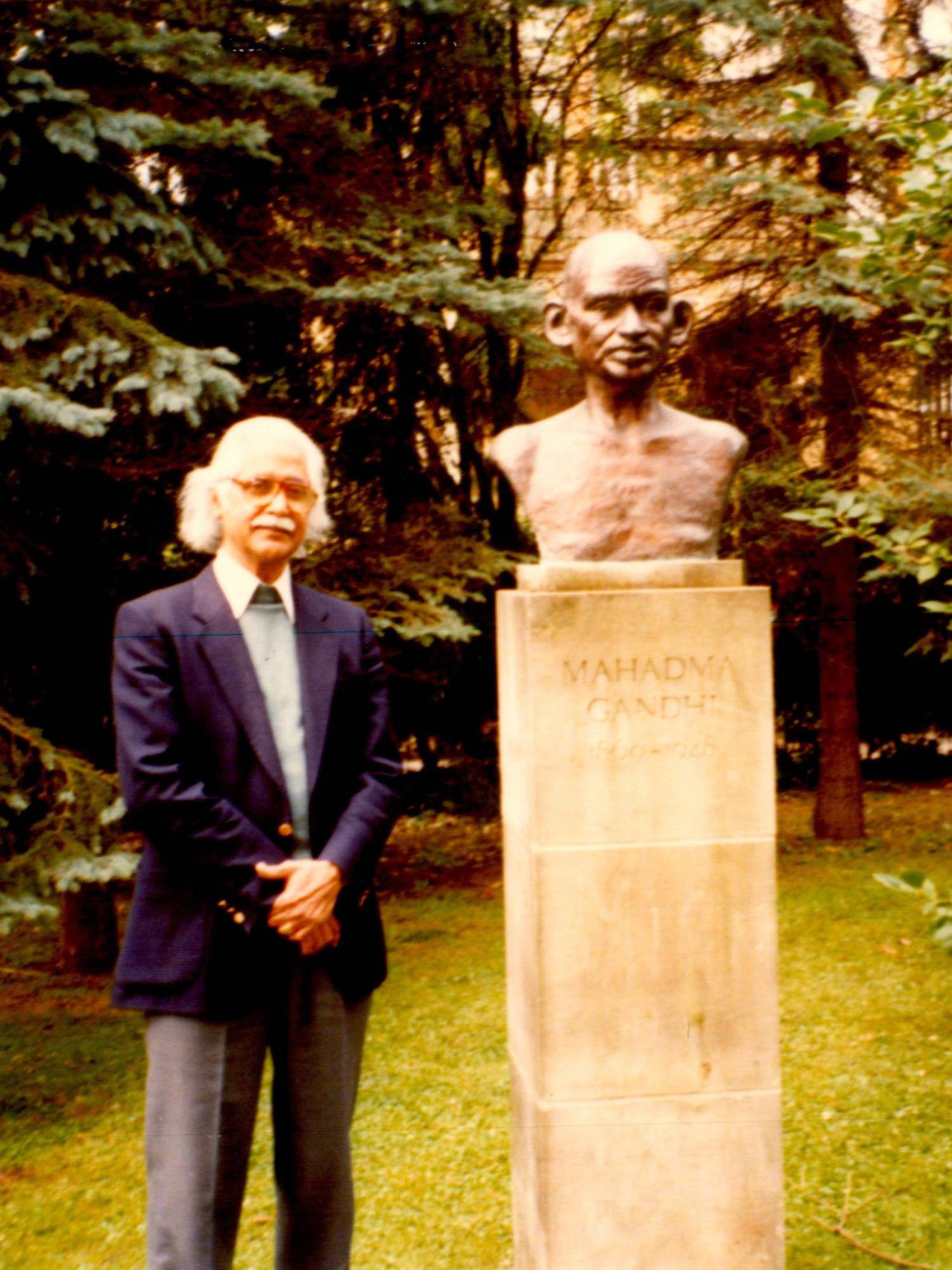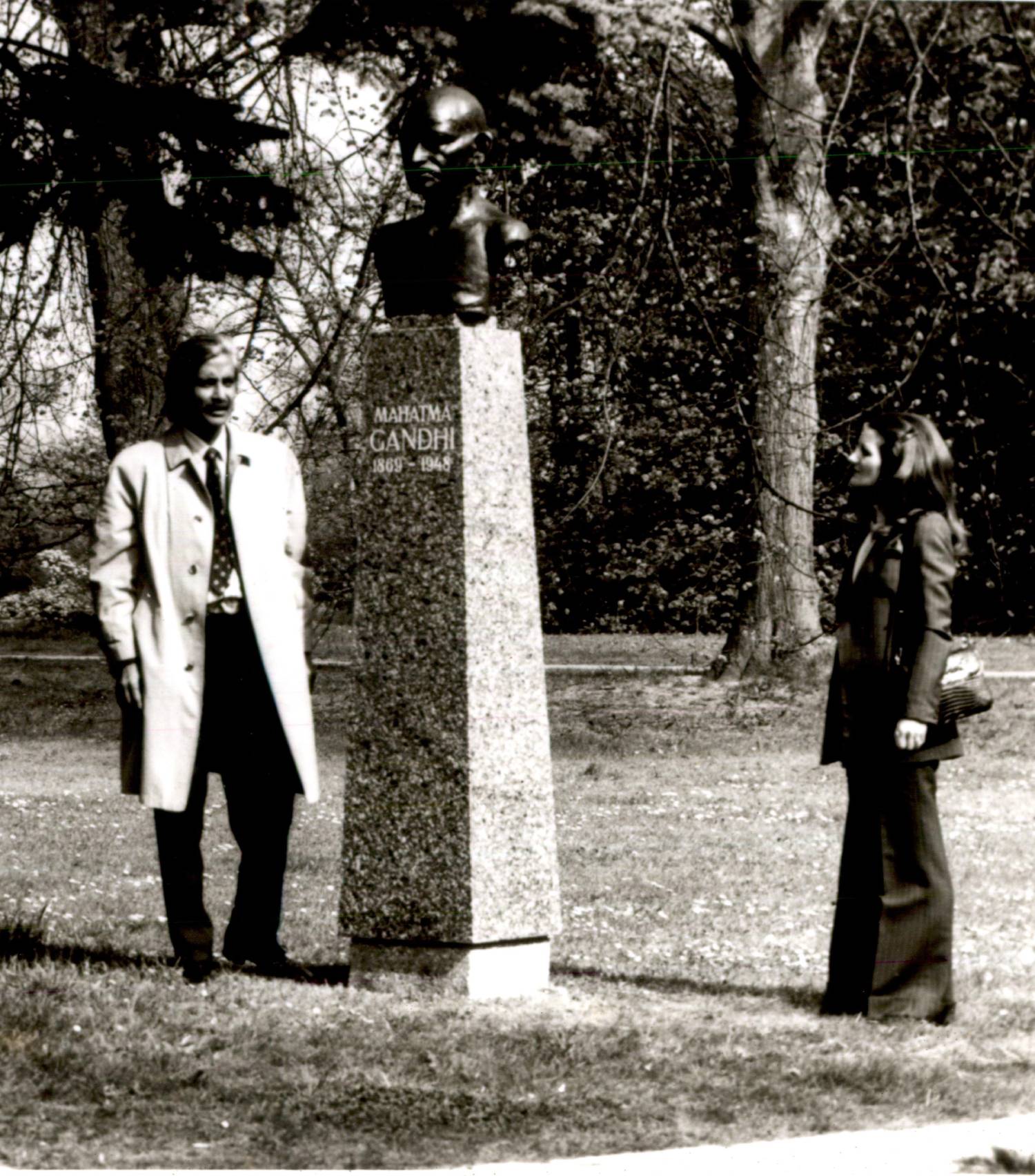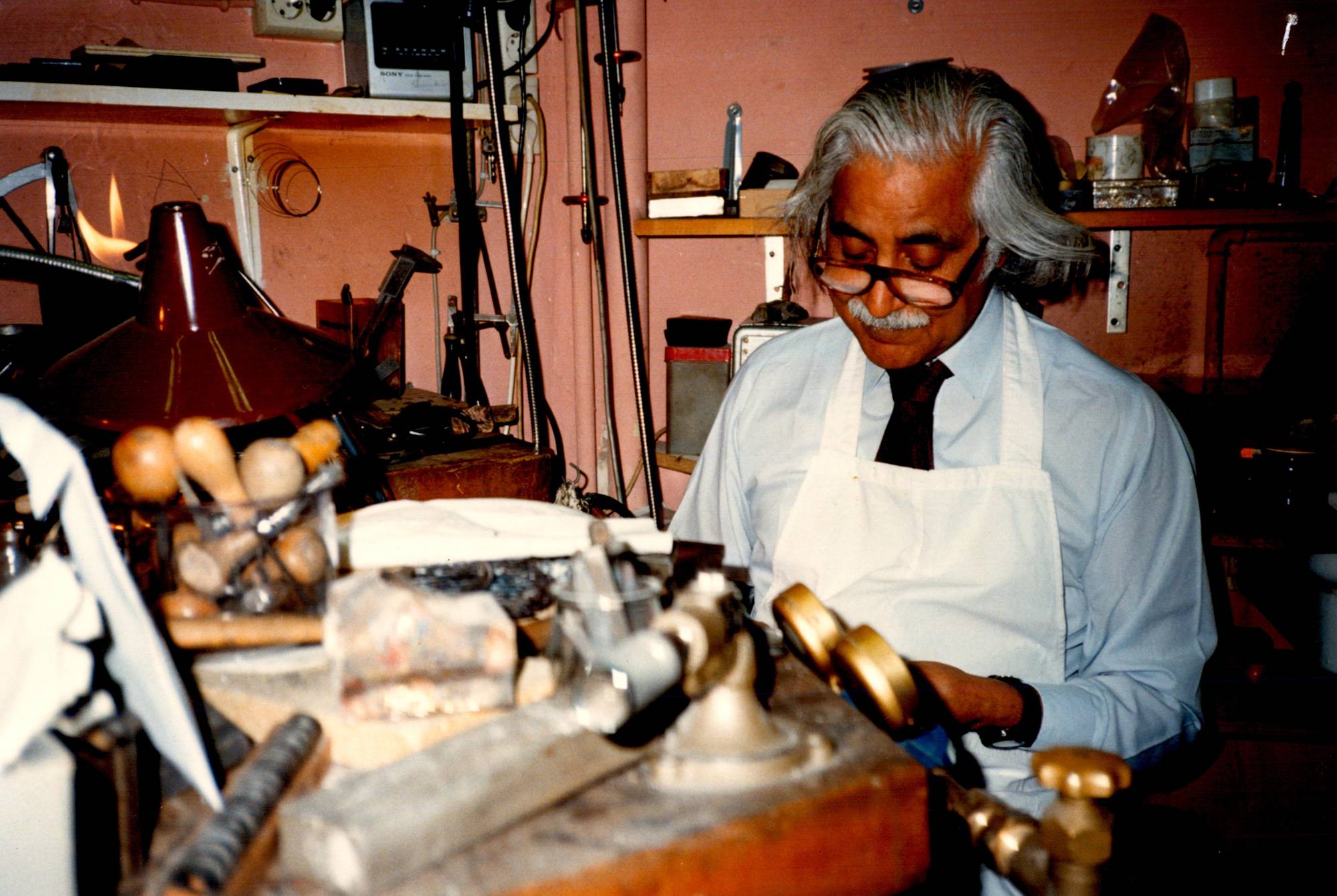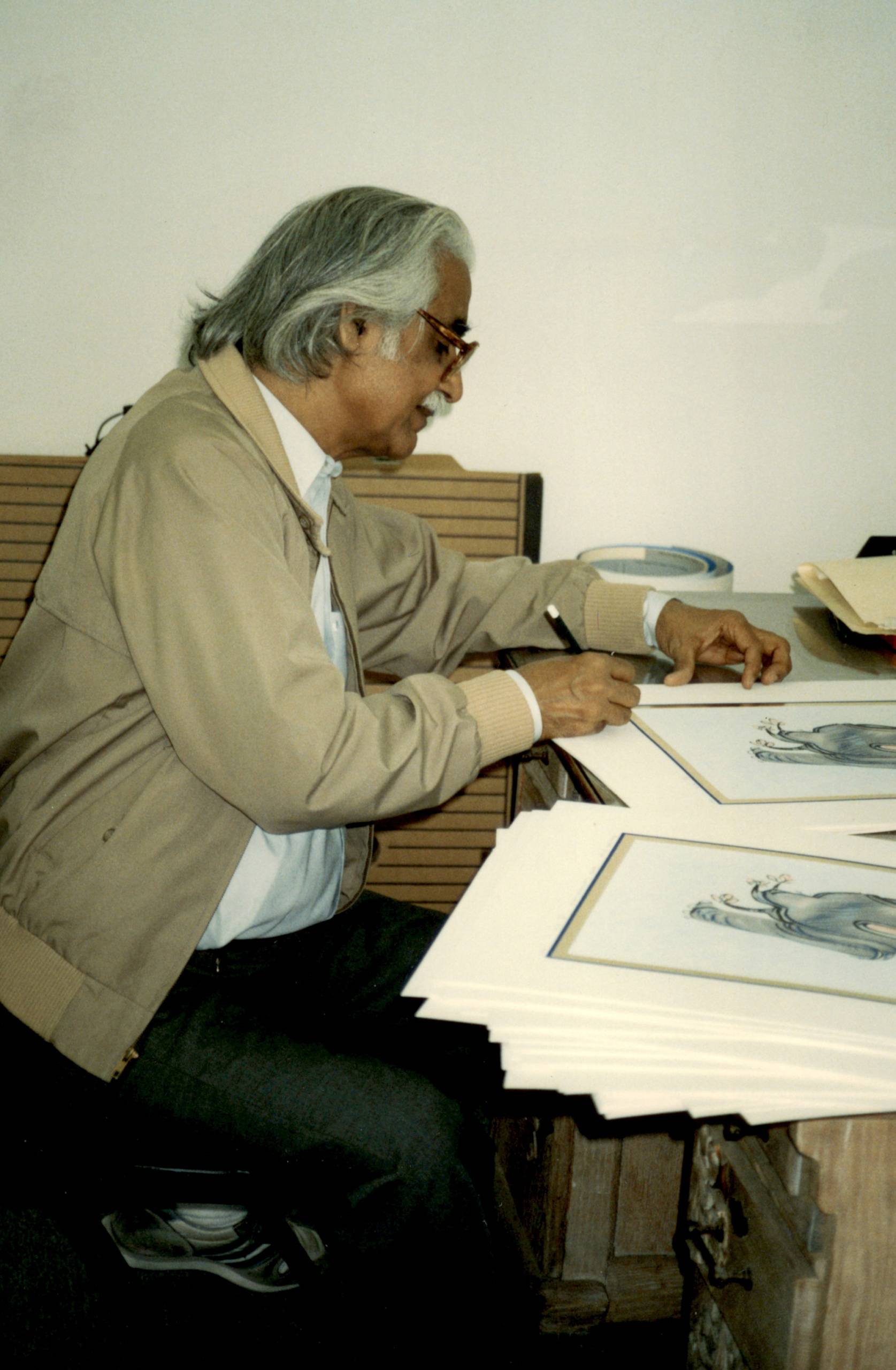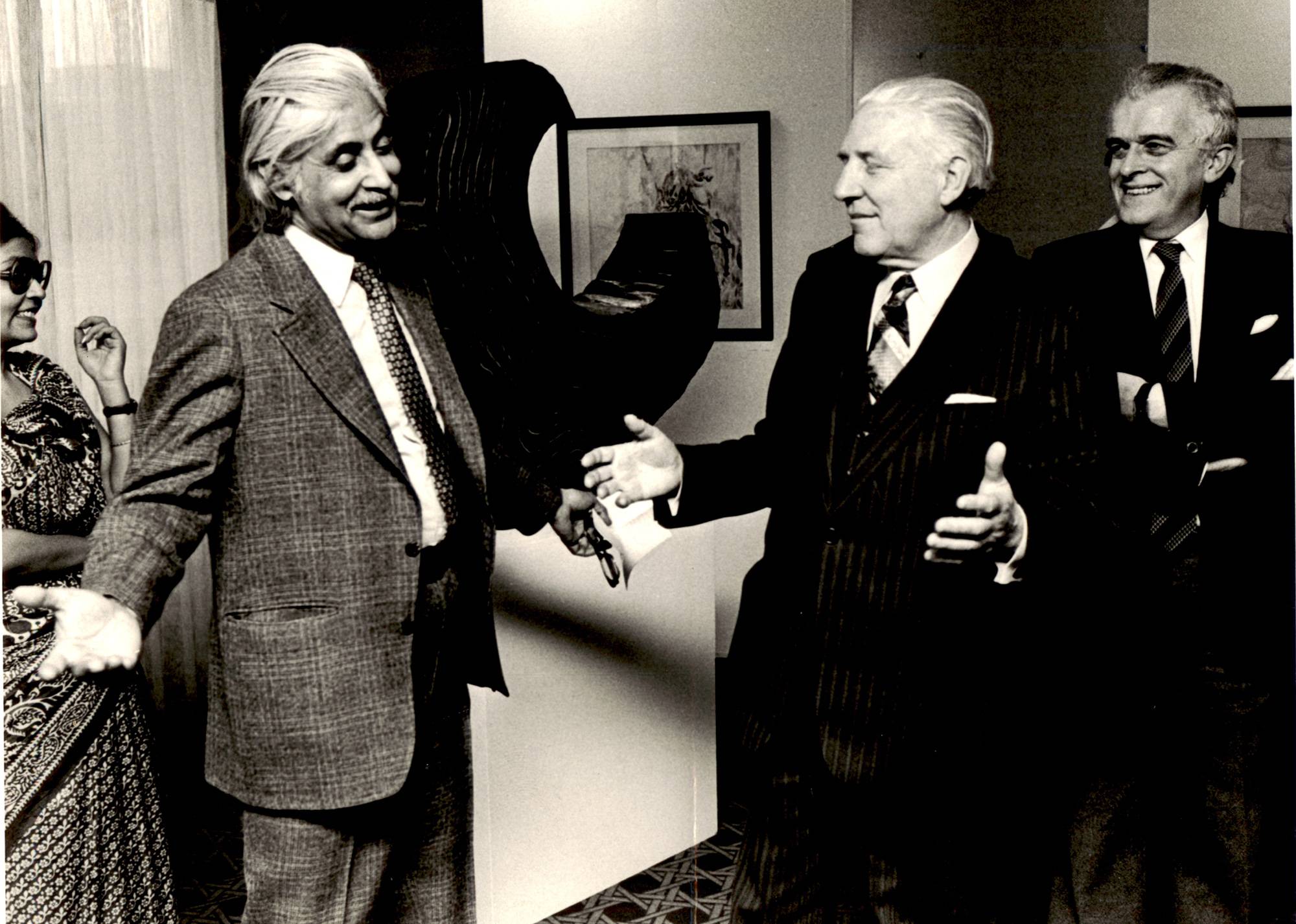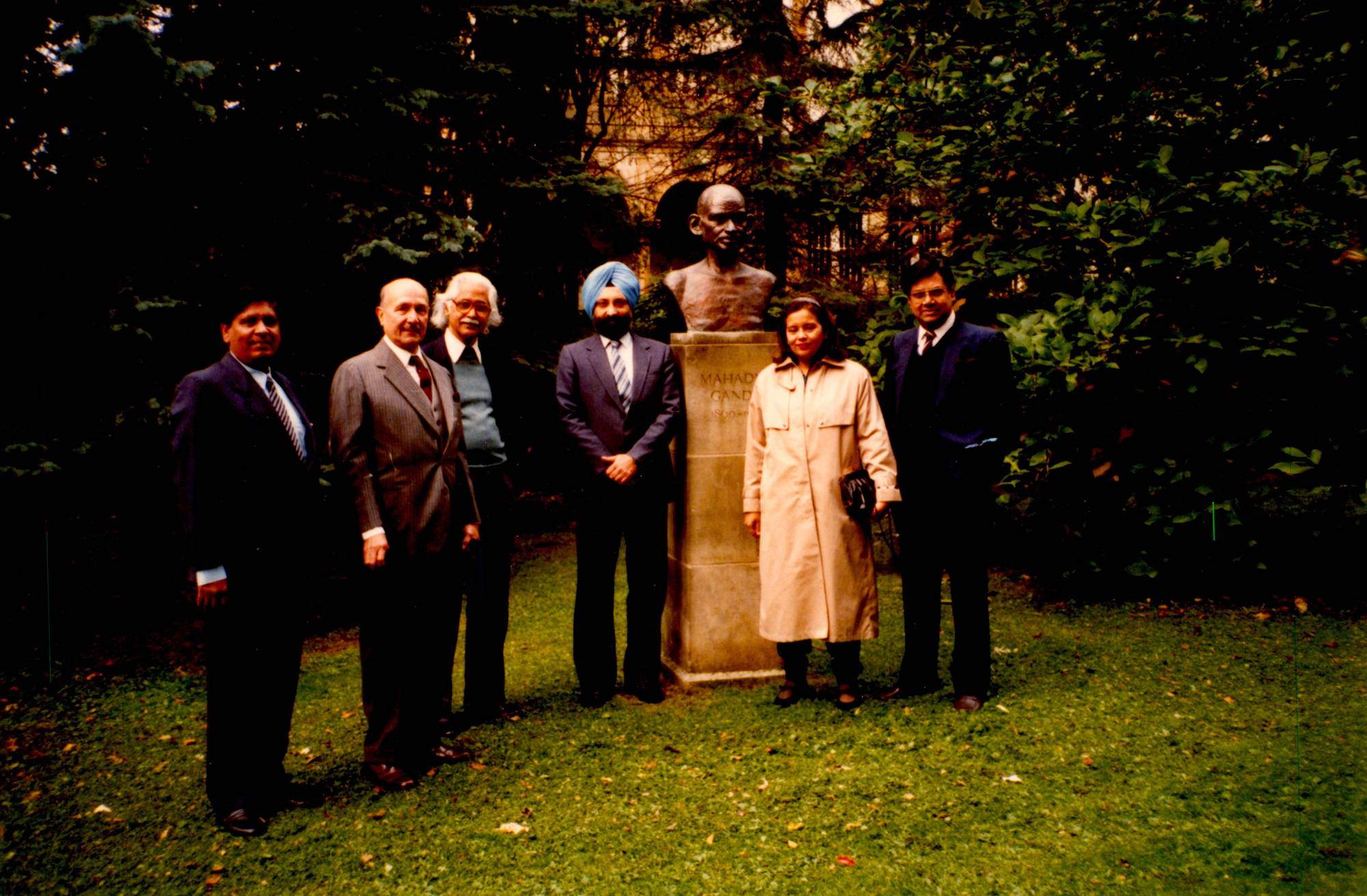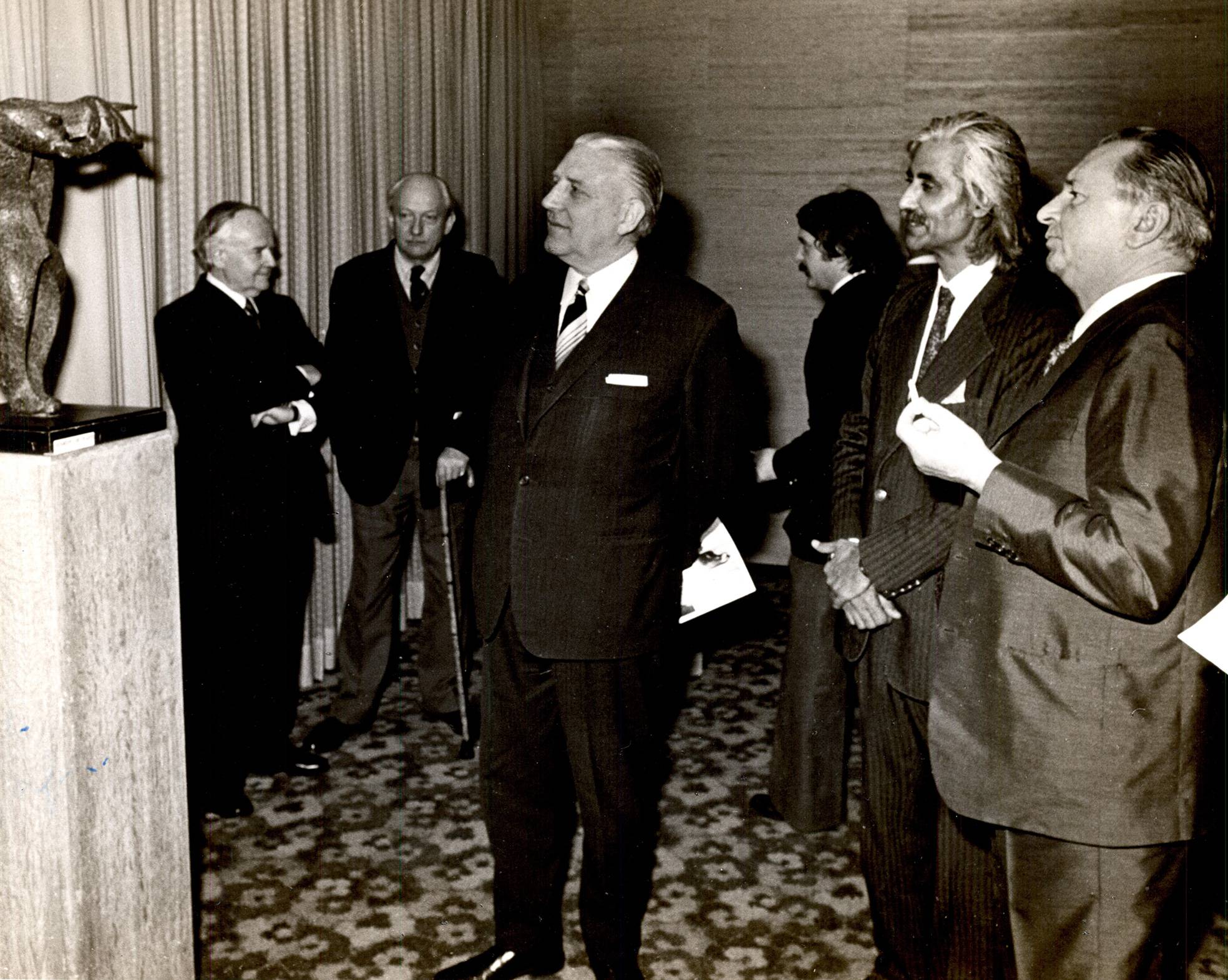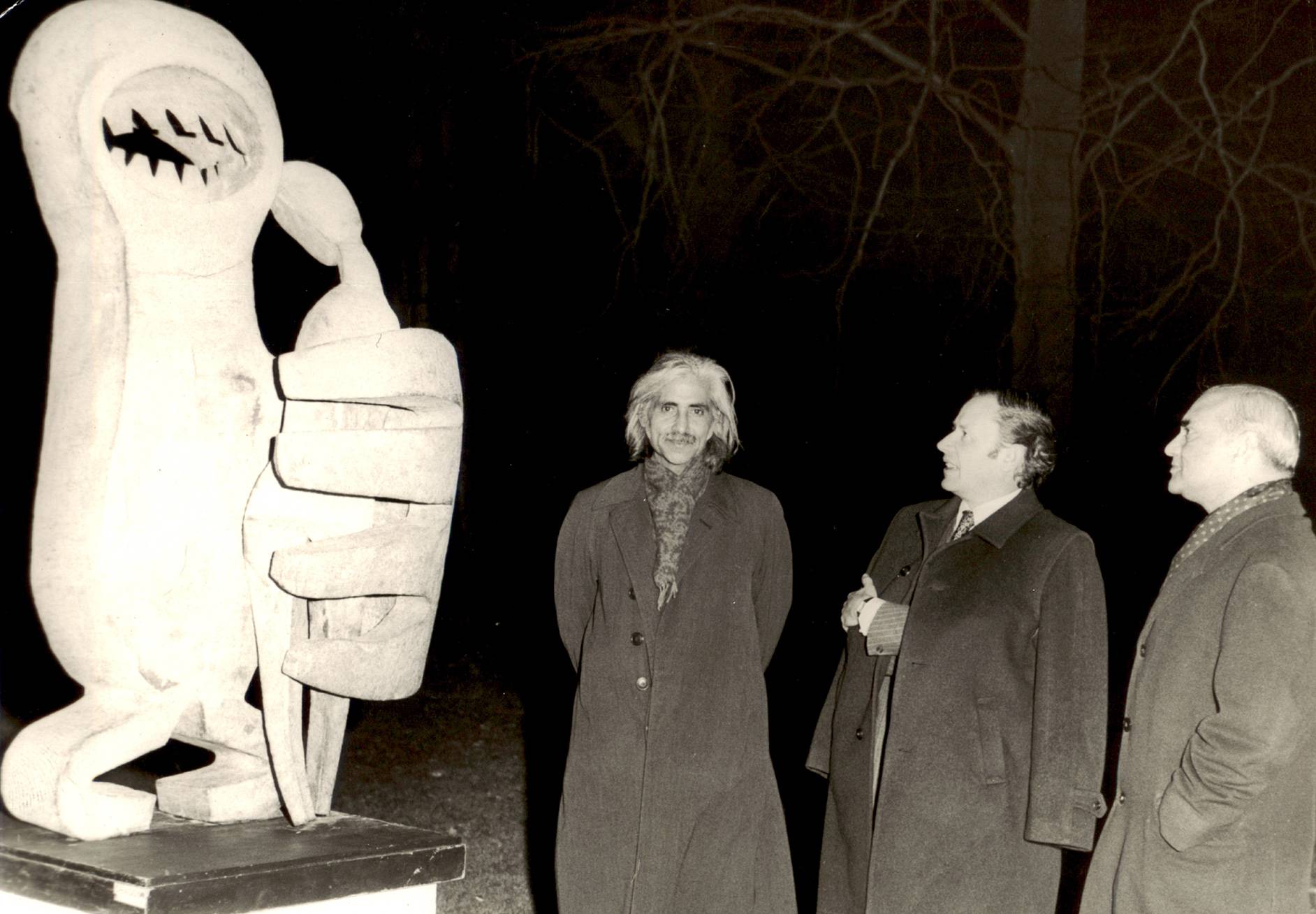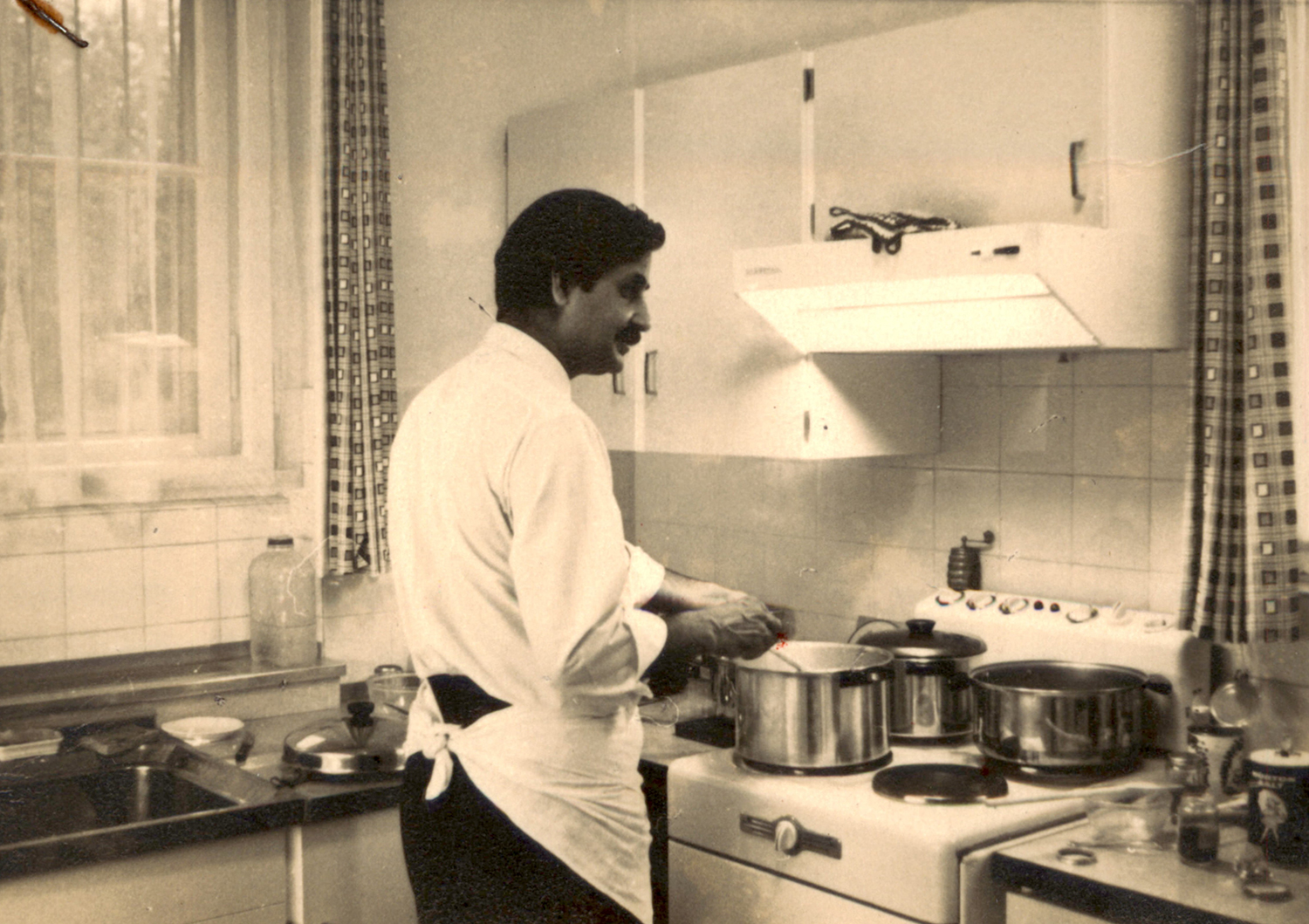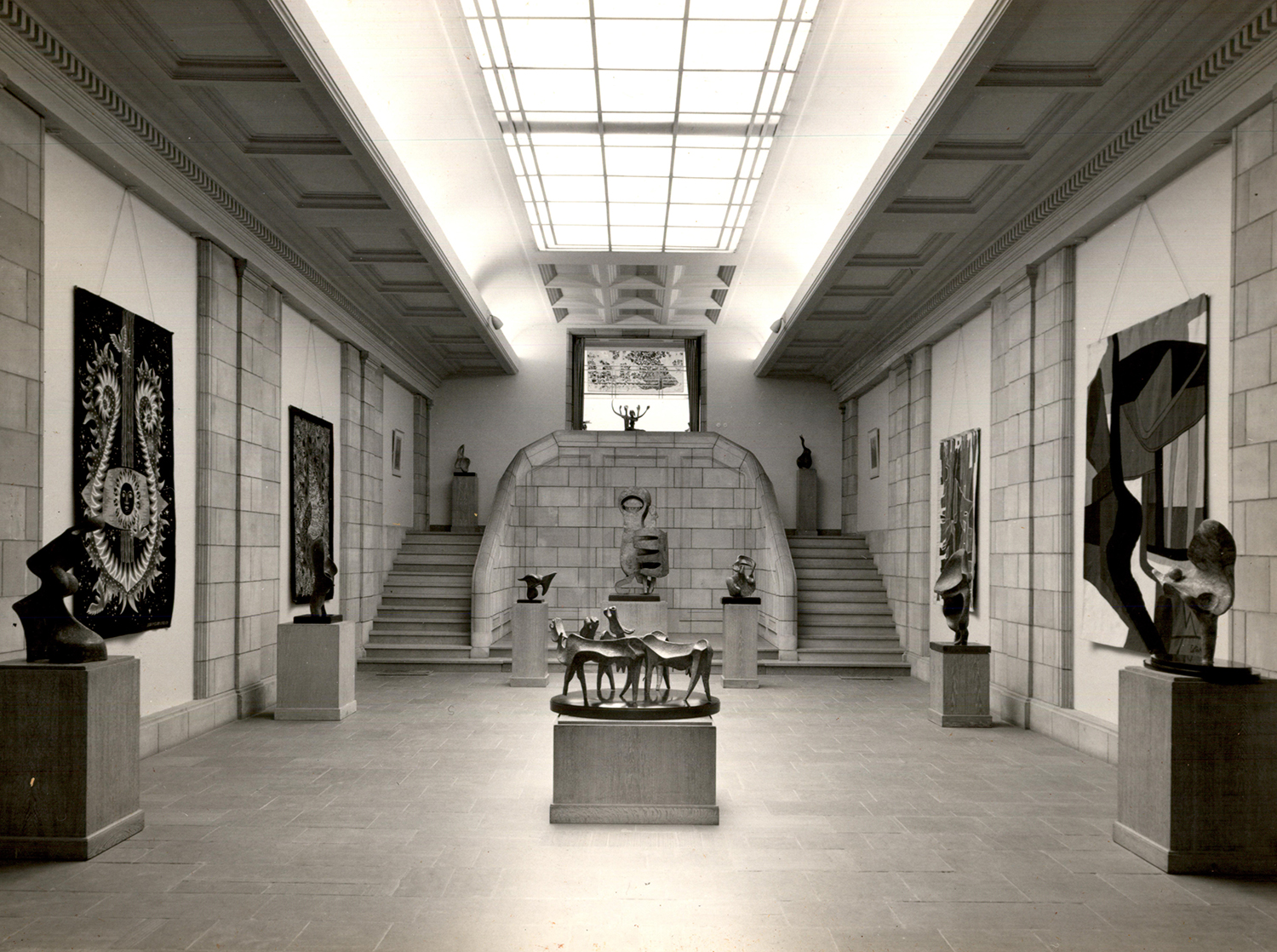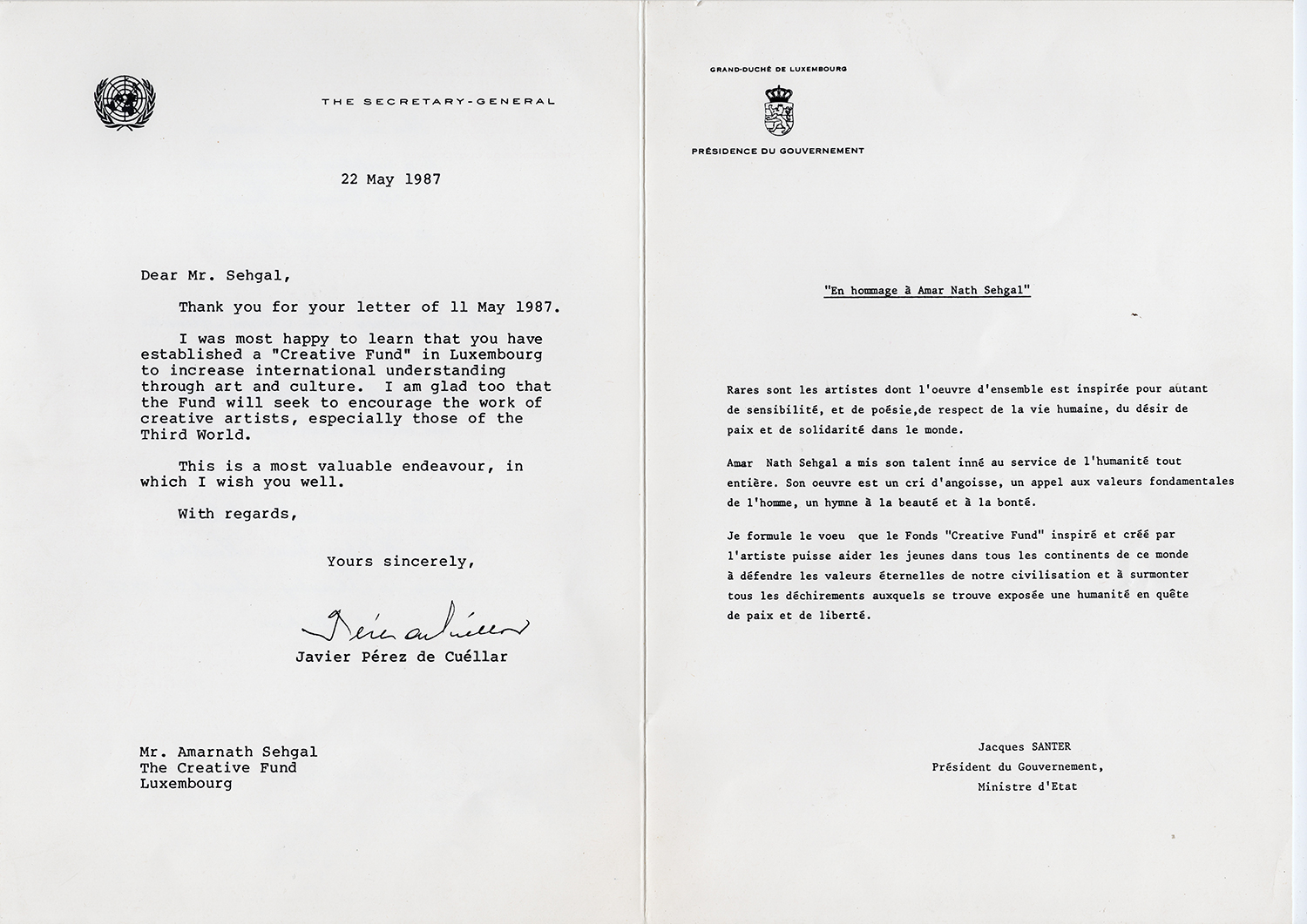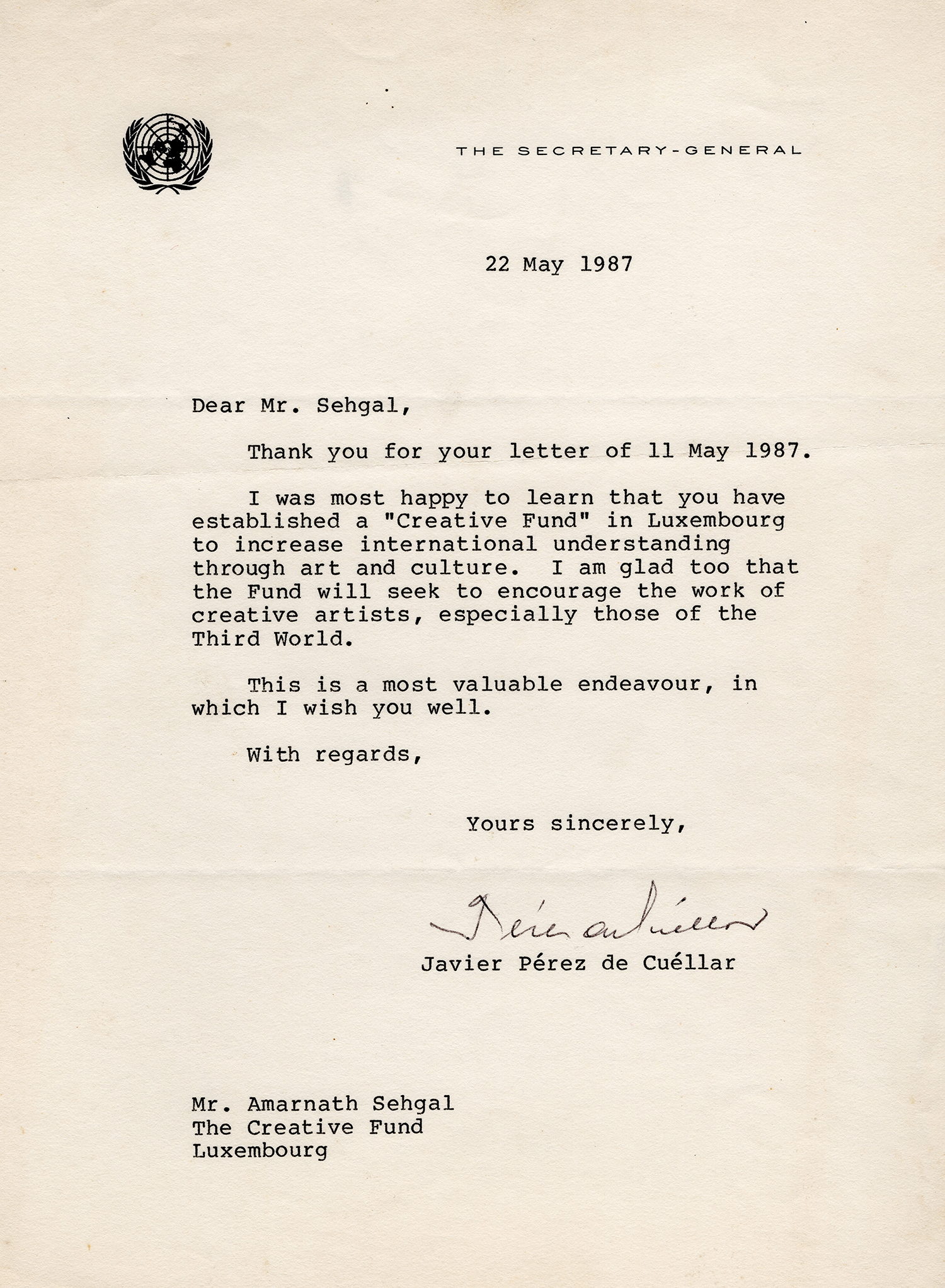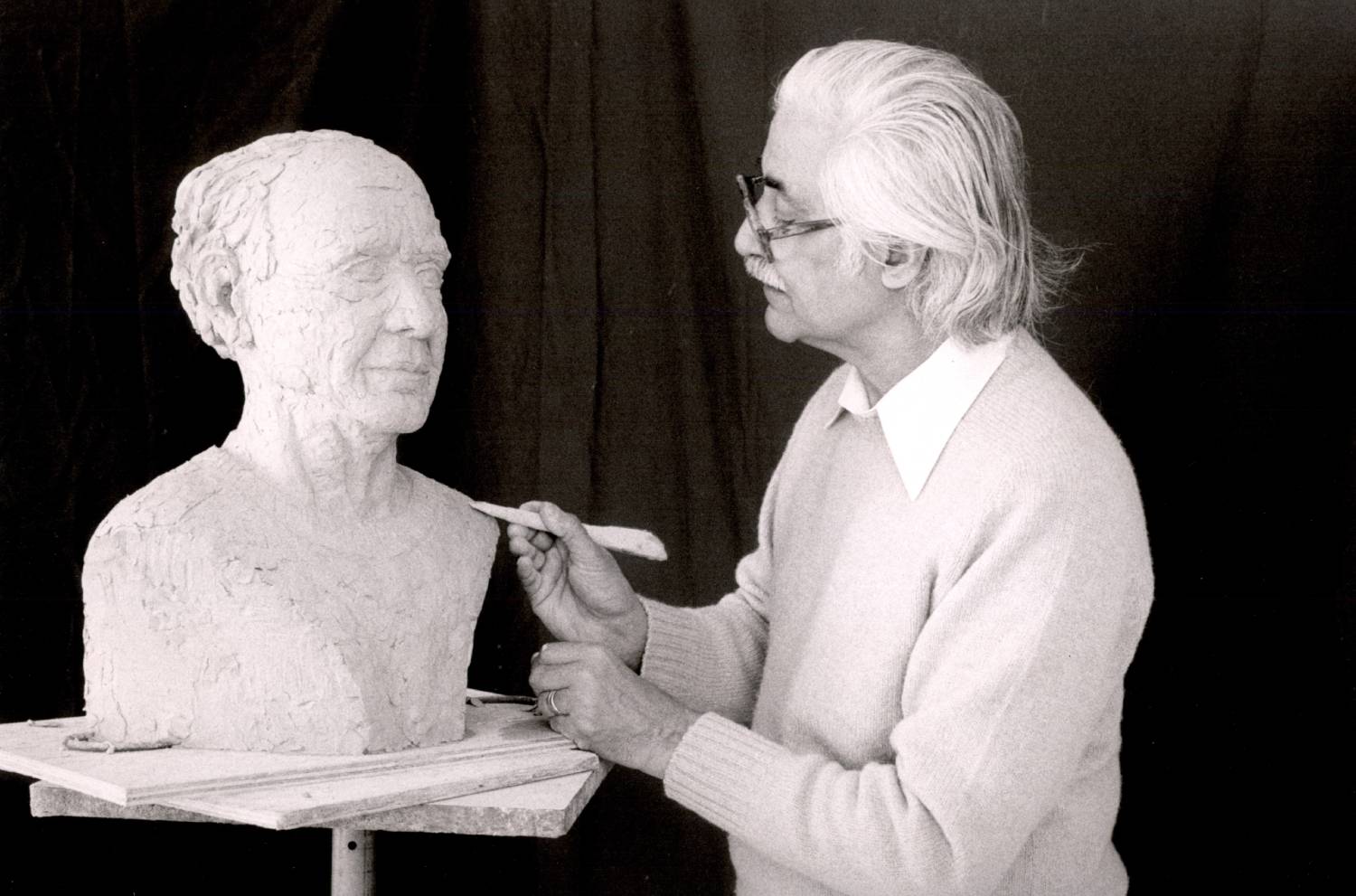The word of the arrival of a new Indian sculptor spread quickly in art circles. During his exhibition in Belgrade, the Museum of Modern Art in Paris sent a committee of three people to view my father’s work.
Based on the committee’s recommendation, he was offered a solo show at the prestigious Parisian institution. Jean Cassou, the renowned French art critic, writer and the first director of the museum, was greatly taken by his art and extended his influential support that proved hugely beneficial in enhancing the perception of my father’s work. He saw my father’s portrayals as pertinent and emotionally moving, and expressed this reverence in his review (translated from the French): “One cannot but be deeply impressed by Indian sculptor Amar Nath Sehgal’s expressive power, a power invested with a great mildness, rather pliable and insinuate than percussive – but irresistible. This is due (we should like to insist on that point) to all the affective drama with which it is loaded.
Sehgal’s art invites us to take part, forces us to admit and take for ourselves the conflicts, crises and anguish with which it is loaded. Sehgal’s art is, therefore, always full of meaning and great ideas which play a part, not in the abstract philosophical systems or in the comedy of concepts, but rather in the tragedy of man and his destiny. These ideas can be identified with passions. They are perceptible and stir us to the deepest of our being.”


